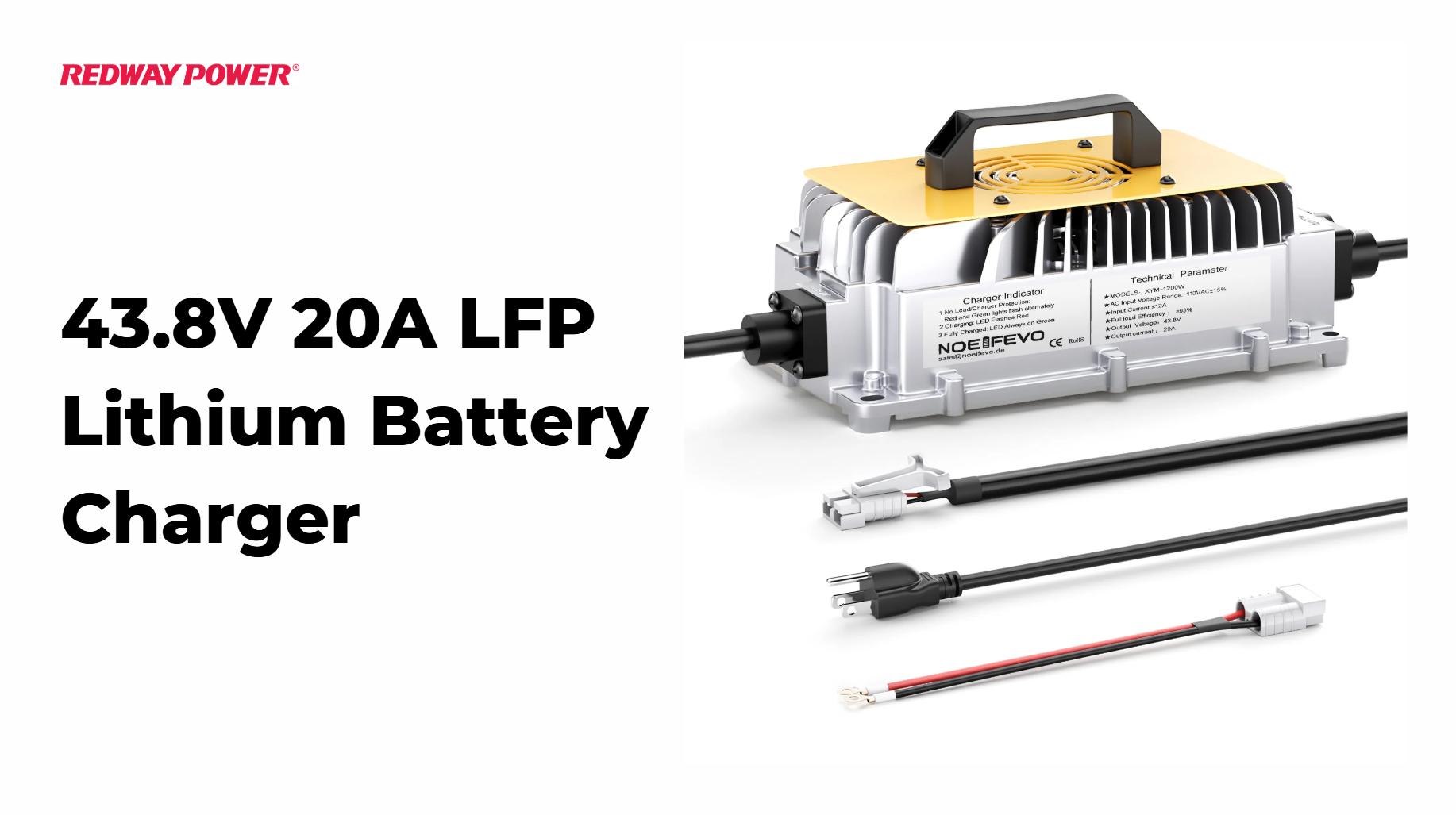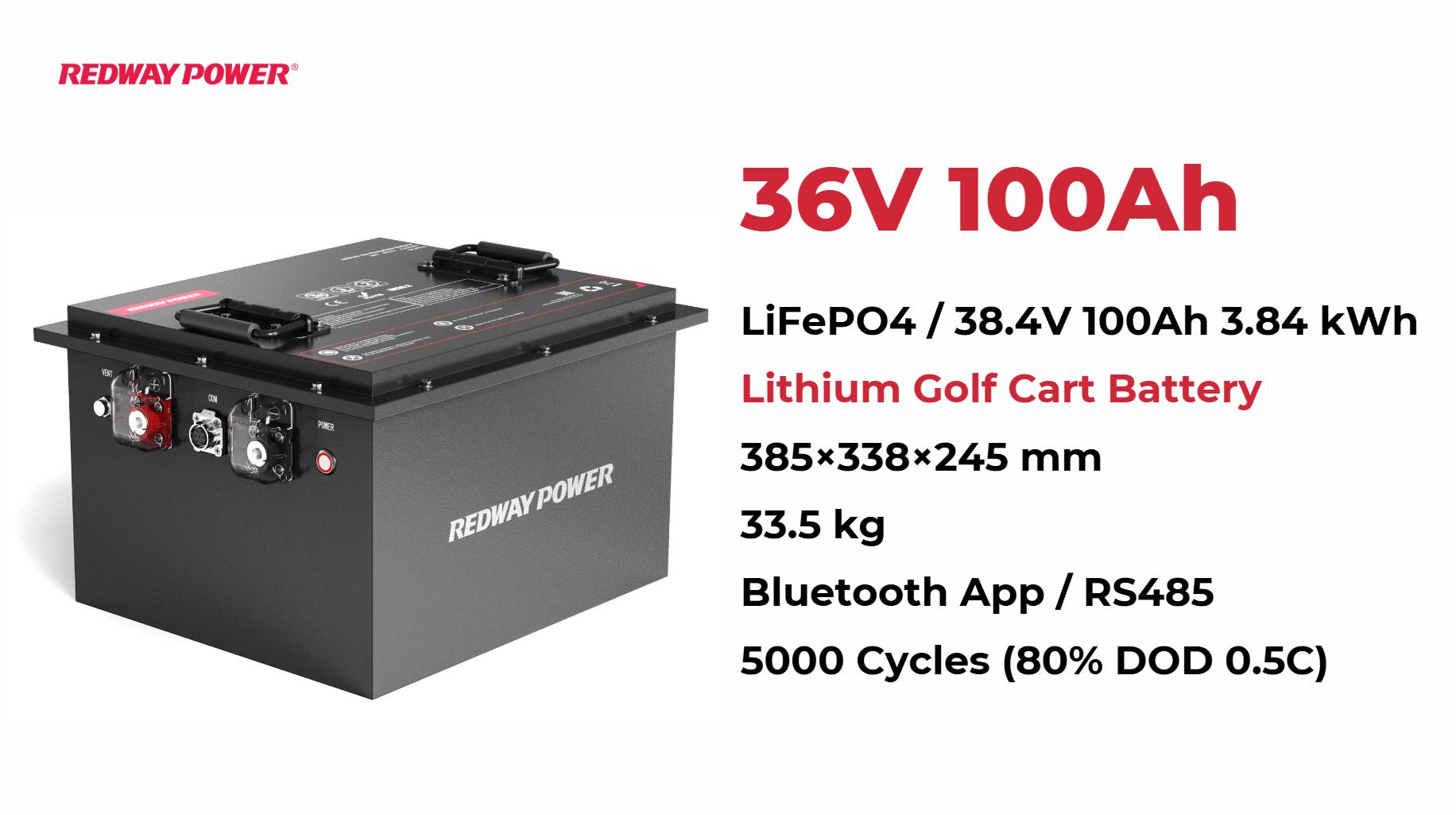To properly charge a 36V lithium battery, use a charger specifically designed for lithium batteries that matches the battery’s voltage and current specifications. This ensures safe and efficient charging, preventing damage and extending battery life. Always monitor the charging process to avoid potential hazards.
Overview of 36V Lithium Batteries
Characteristics and Applications
A 36V lithium battery is commonly used in electric bicycles, scooters, and various electric vehicles. These batteries are preferred for their high energy density, lightweight design, and longer lifespan compared to traditional lead-acid batteries.
Wholesale lithium golf cart batteries with 10-year life? Check here.
Importance of Proper Charging
Proper charging is crucial for maintaining the health and longevity of lithium batteries. Incorrect charging methods can lead to overheating, reduced capacity, or even catastrophic failures.
Want OEM lithium forklift batteries at wholesale prices? Check here.
Choosing the Right Charger
Specifications to Look For
When selecting a charger for your 36V lithium battery, ensure it meets the following criteria:
- Voltage: The charger should output approximately 42V, as this is the typical maximum charging voltage for a fully charged lithium battery.
- Current Rating: Match the charger’s current rating with your battery’s specifications to optimize charging speed without risking damage.
Recommended Charger Types
Opt for chargers specifically designed for lithium batteries, such as:
- Smart Chargers: These automatically adjust voltage and current based on battery needs.
- Dedicated Lithium Chargers: Ensure compatibility with LiFePO4 or other lithium chemistries.
Charging Process for a 36V Lithium Battery
Step-by-Step Instructions
- Select the Right Charger: Choose a charger that matches your battery’s specifications.
- Connect the Charger: Plug the charger into the battery’s charging port securely.
- Monitor the Charging Status: Check indicators on the charger and battery periodically to ensure proper functioning.
| Step | Action | Notes |
|---|---|---|
| 1 | Select Charger | Ensure it matches voltage/current |
| 2 | Connect Charger | Securely plug into charging port |
| 3 | Monitor Status | Watch for indicator lights |
Monitoring the Charging Status
Most modern chargers come equipped with LED indicators that show whether the battery is charging, fully charged, or if there’s an error. Regularly check these indicators to prevent overcharging.

43.8V 20A LFP Lithium Battery Charger
Alternative Charging Methods
Using Solar Panels
For off-grid applications, charging your 36V lithium battery with solar panels is feasible. Ensure your solar setup includes:
- A compatible solar charge controller.
- Sufficient wattage output from your solar panels (ideally over 140 watts).
| Component | Purpose |
|---|---|
| Solar Panel | Converts sunlight into electricity |
| Solar Charge Controller | Regulates voltage/current to prevent damage |
| Inverter | Converts DC from solar panels to AC if needed |
Emergency Charging Solutions
In situations where you lack access to a proper charger:
- Consider using an inverter with a standard AC outlet if your setup allows.
- Avoid makeshift solutions that could lead to damage or safety risks.
Safety Precautions When Charging
Always follow these safety guidelines:
- Never charge in extreme temperatures (too hot or too cold).
- Use only chargers designed for lithium batteries.
- Monitor charging closely; do not leave unattended.
Latest News on Lithium Battery Technology
Recent advancements in lithium battery technology focus on enhancing safety features and increasing energy density. Companies are developing smarter chargers that can communicate with batteries to optimize charging cycles and extend lifespan. Innovations in solid-state batteries are also on the horizon, promising even greater efficiency and safety.
Redway Expert Comment
“Charging a lithium battery correctly is not just about plugging it in; it’s about understanding its chemistry and ensuring you have the right equipment,” states Redway Expert. “Using inappropriate chargers can lead to severe consequences, including fire hazards. Always prioritize safety and compatibility.”
Frequently Asked Questions (FAQ)
Q: Can I use any charger for my 36V lithium battery?
A: No, you must use a charger specifically designed for lithium batteries that matches the voltage and current specifications of your battery.Q: What happens if I use an incorrect charger?
A: Using an incorrect charger can lead to overheating, reduced lifespan, or even catastrophic failure of the battery.Q: How long does it take to charge a 36V lithium battery?
A: The charging time varies but typically ranges from 3.5 to 6 hours depending on the charger’s output and the battery’s capacity.Q: Is it safe to charge my lithium battery outdoors?
A: Yes, but ensure it’s not exposed to extreme temperatures or moisture during charging.
Know more:
how to charge a 36v lithium battery
how to charge 36v battery without charger






